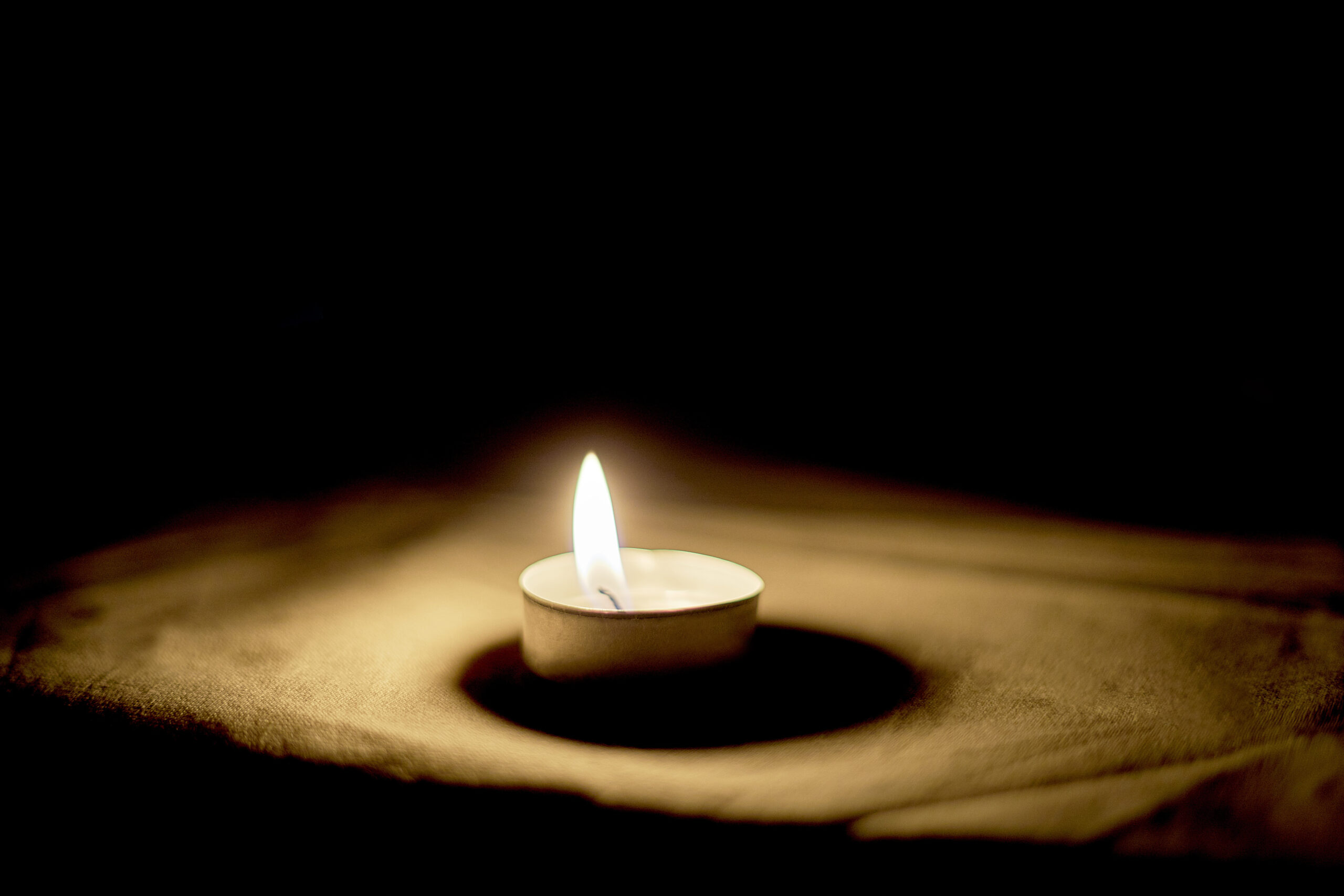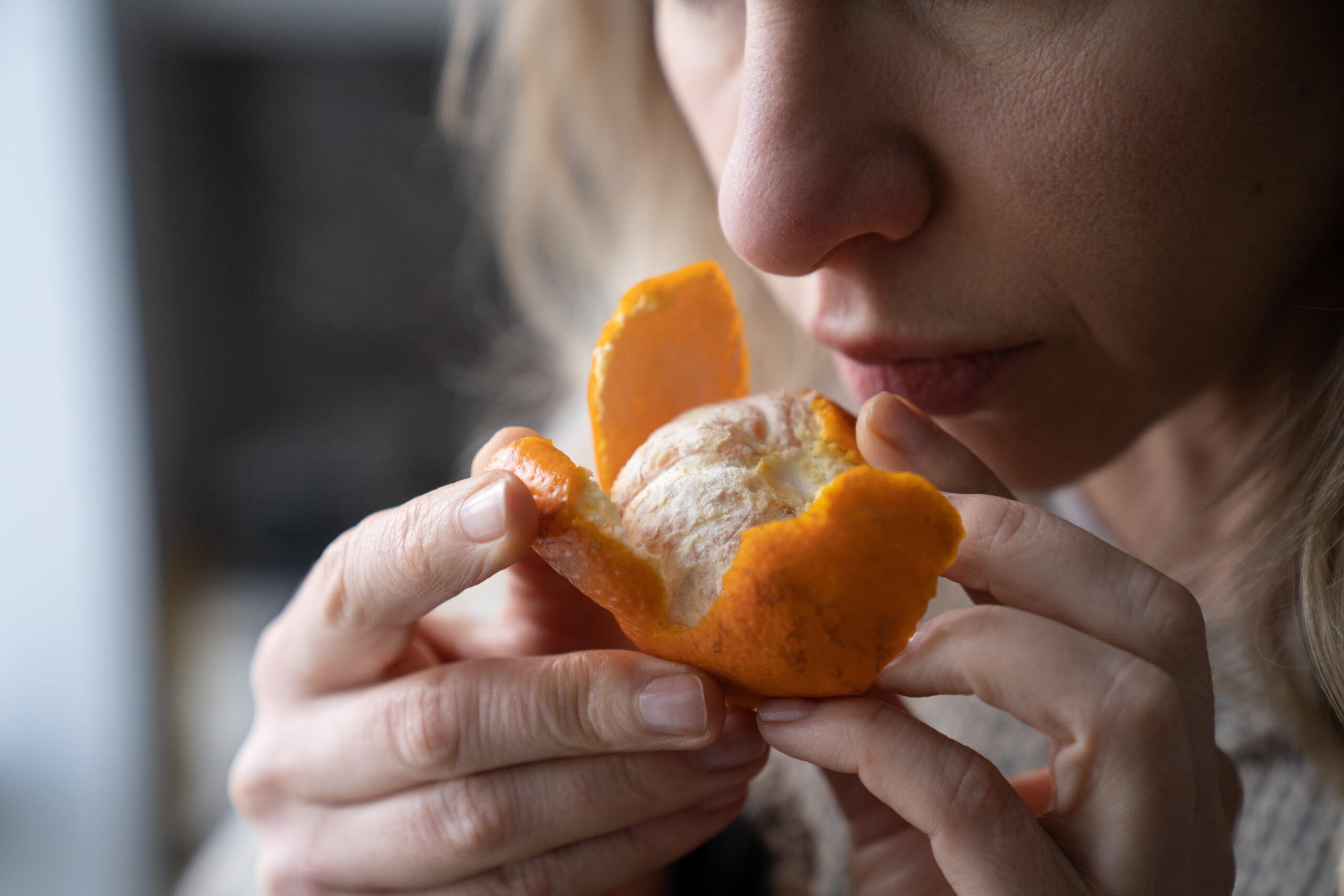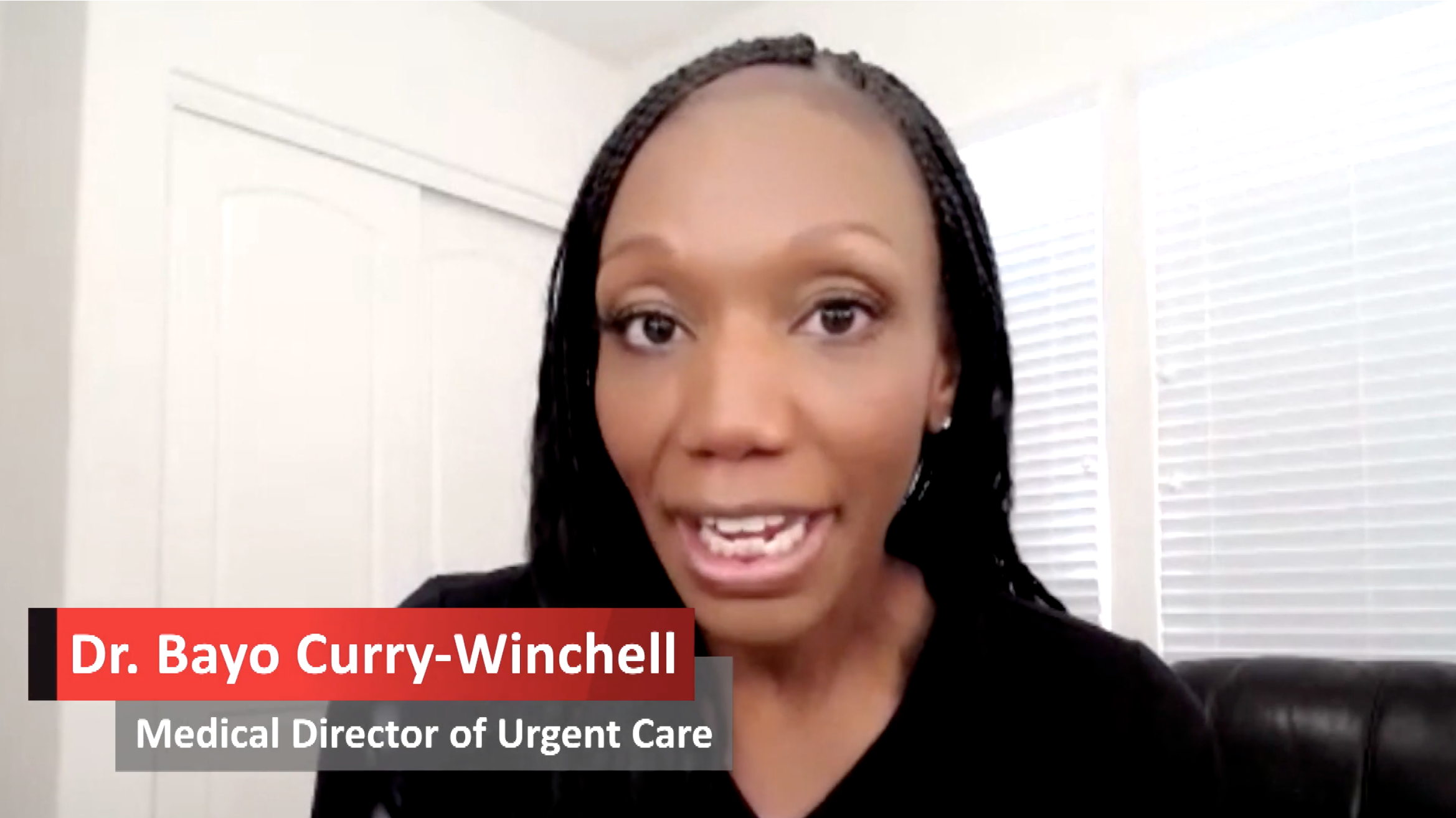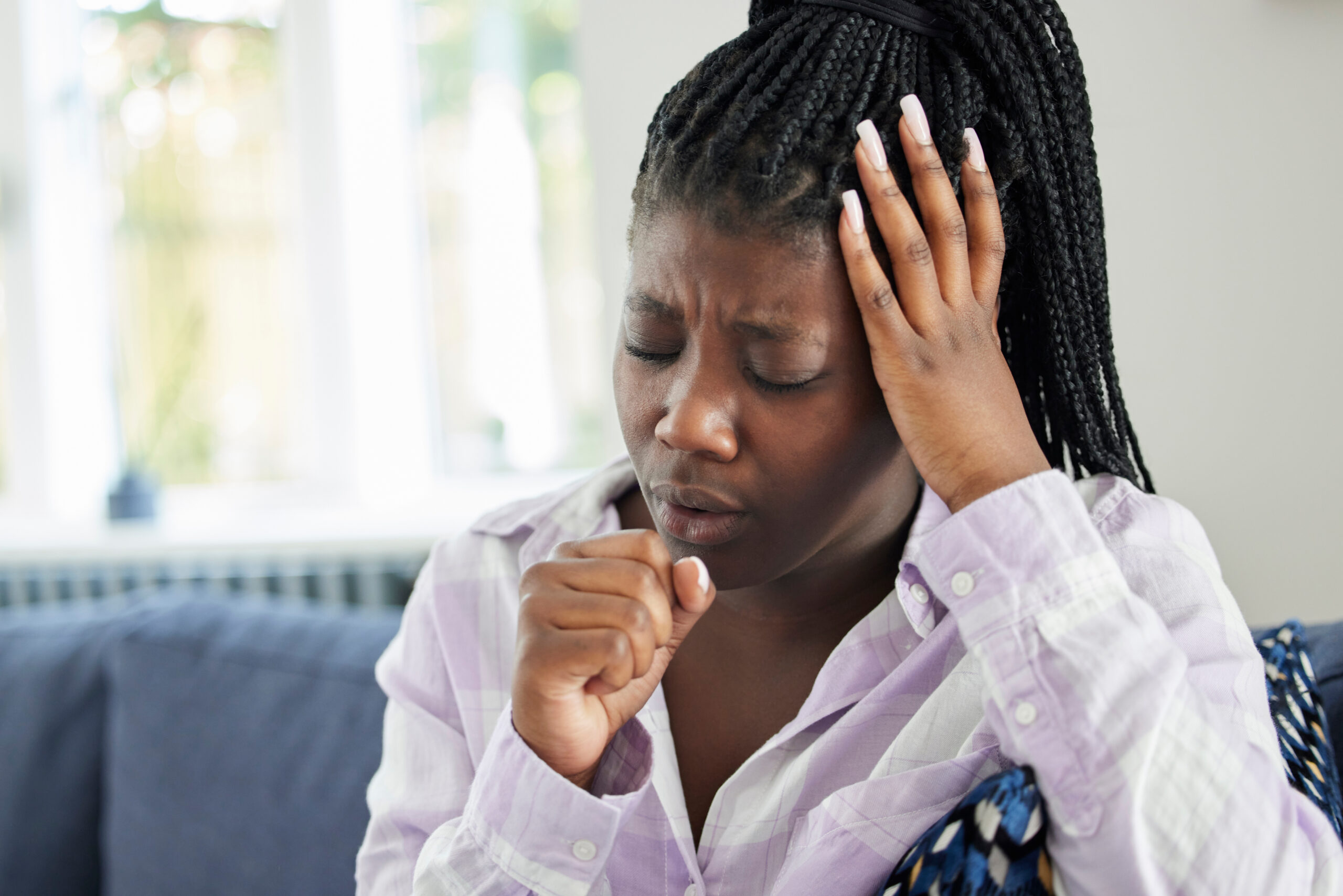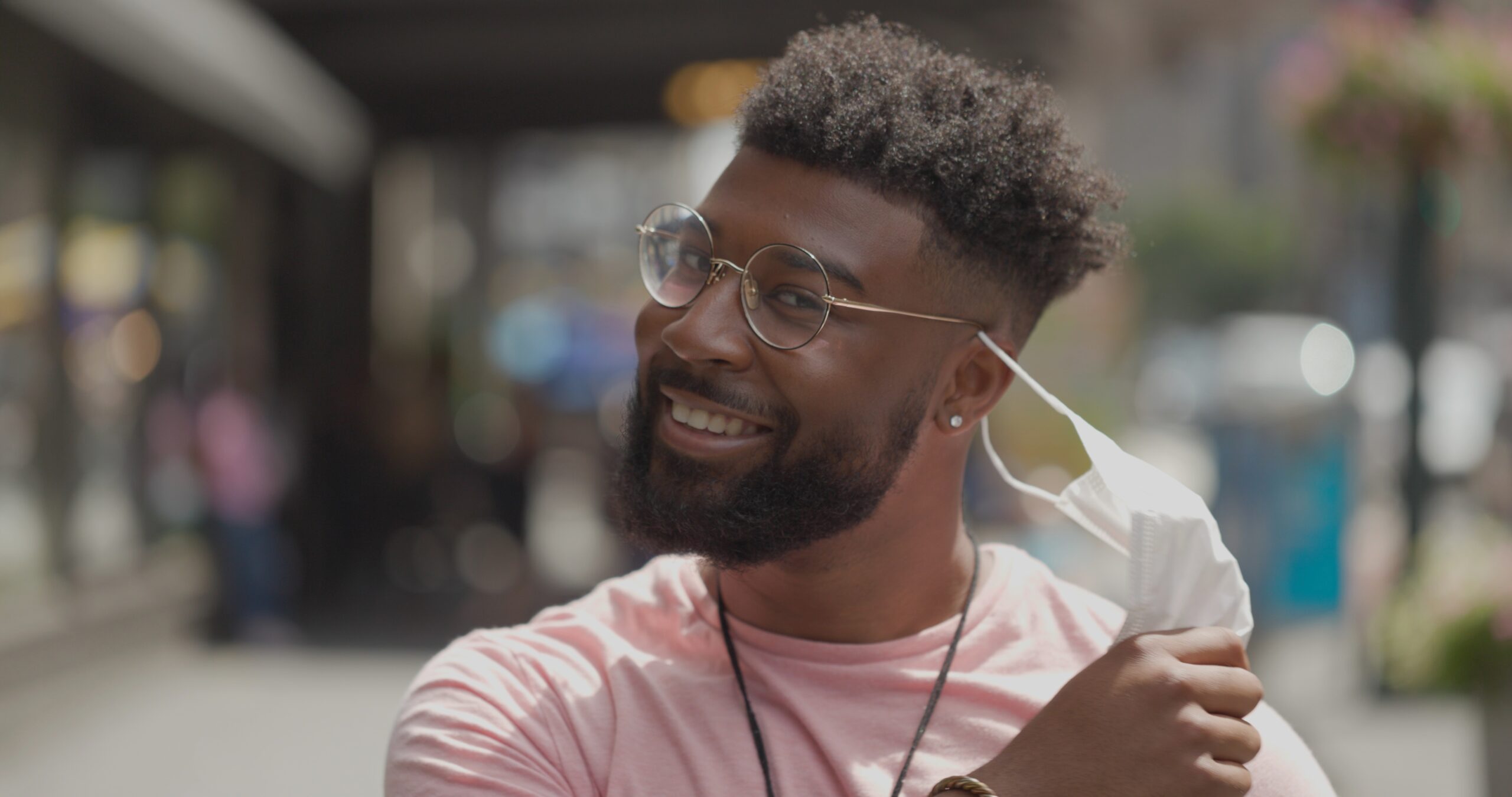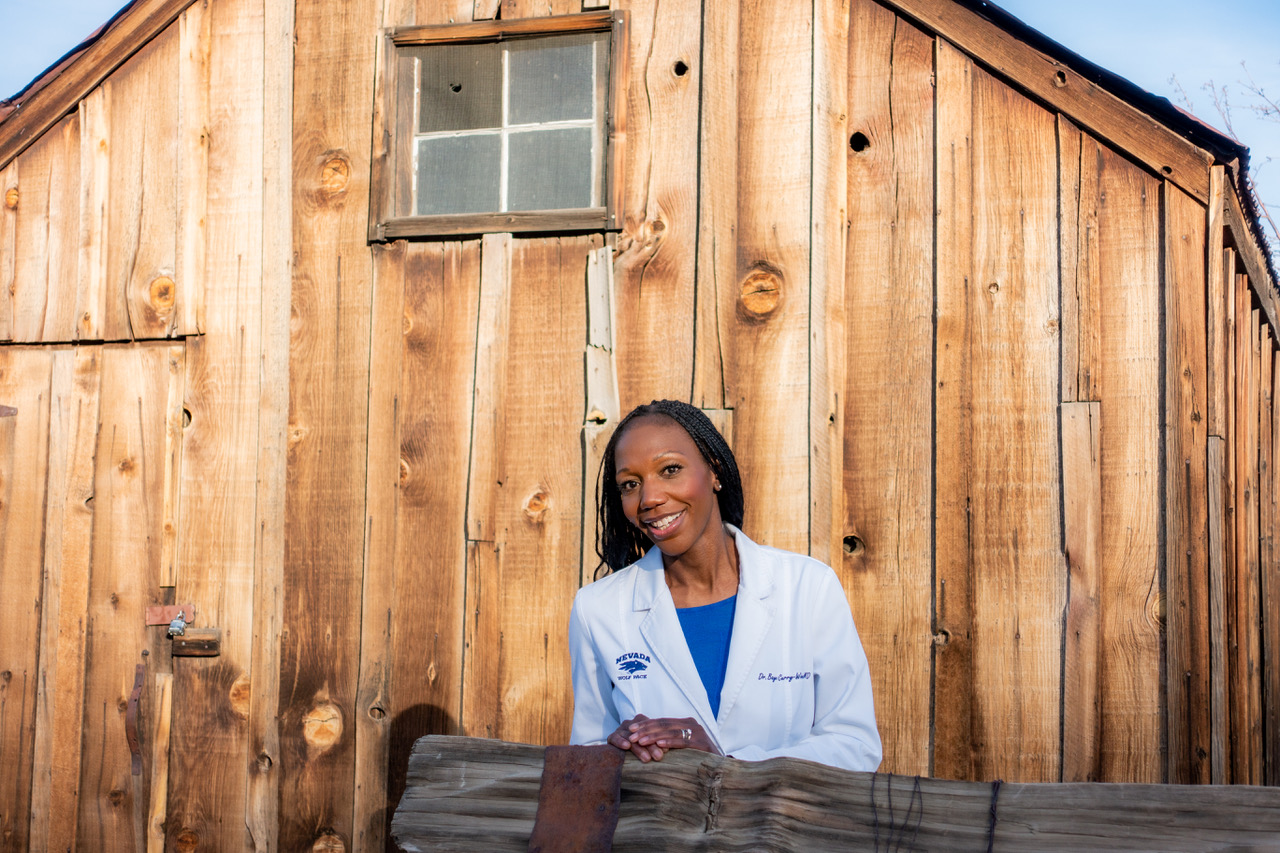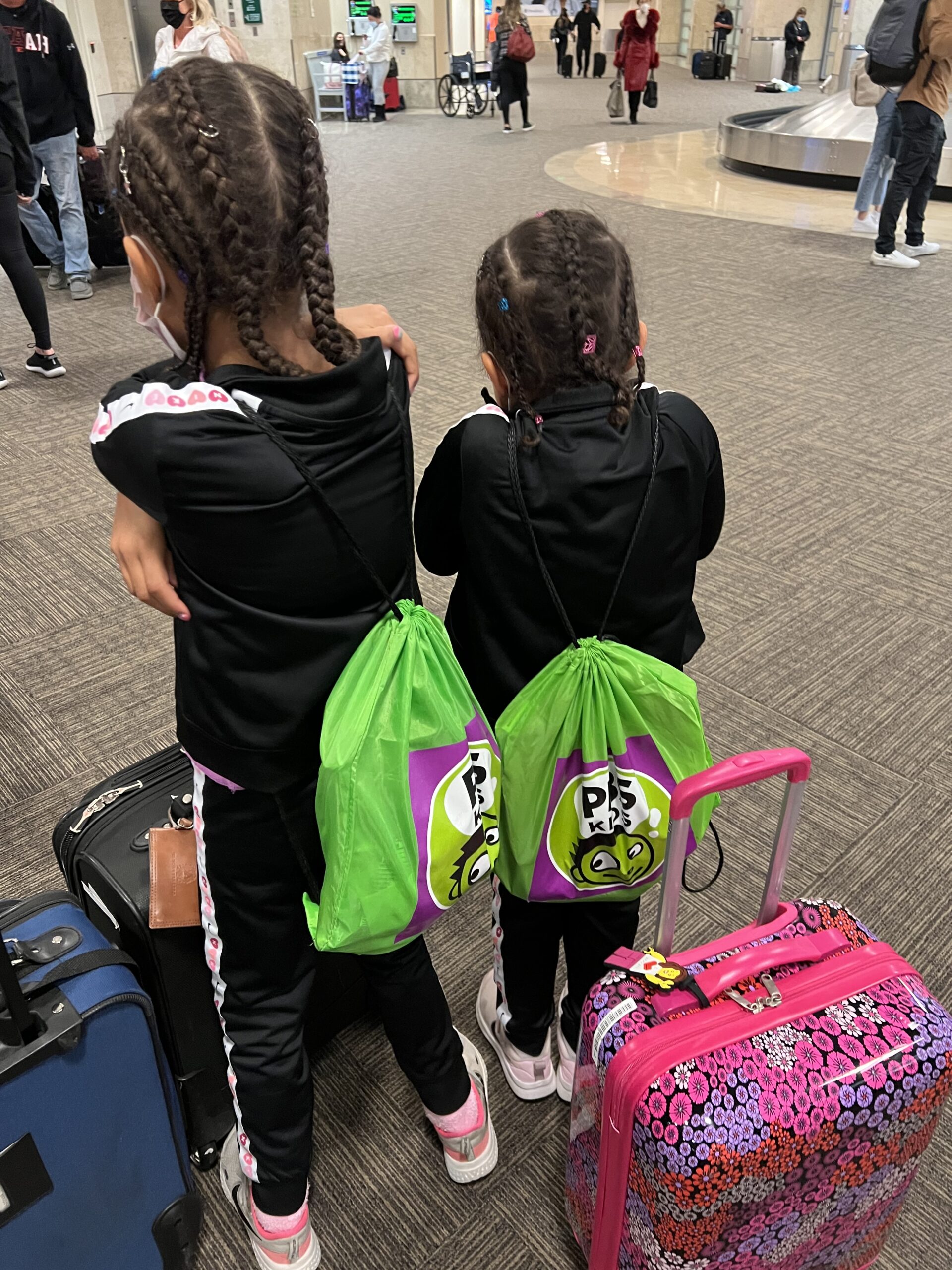Dr. BCW, Dr. Curry-Winchell, discusses with, Reno Gazette Journal, the recent gun violence targeted at health care providers and the challenges modern health care providers face from sickness like COVID to gun violence from disturbed patients. As patients become more and more angry with healthcare workers the risk of violence toward providers becomes more and more of a concern on providers minds. This is a serious topic for anyone working in the healthcare industry.
Read the full Reno Gazette article here
Article Snippet:
“Oh no, not again.” The words we find ourselves saying far too often these days.
Let’s start with COVID. When the virus first spread across the U.S. and paralyzed the world, I was scared.
As an urgent care physician, I was concerned that I could bring this unknown deadly “thing” to my home, and more importantly my family. But despite my fears, I knew I had to help.
There was no hesitation from me, or my colleagues to do our part. We immediately moved into action. No one shied away from shifts, and there wasn’t a single person that hesitated to answer the call of duty.
When some medical offices closed their doors — leaving their patients with nowhere to go — we staged drive-through test sites and mobilized outdoor clinics. Patients came to us extremely sick, unable to breathe, fatigued and with terrible respiratory diseases.
Then, the vaccines.
Initially, people seemed thrilled. But it quickly started to become politicized. We began to see increased mistrust of the health care system, and vicious attacks on frontline workers like myself who diagnosed patients with the virus, or publicly supported vaccinations. Never had there been a time in medical history where people completely dismissed or didn’t believe a doctor’s diagnosis….
See what else Dr. Curry-Winchell has to share about gun violence in her Reno Gazette article linked above.
